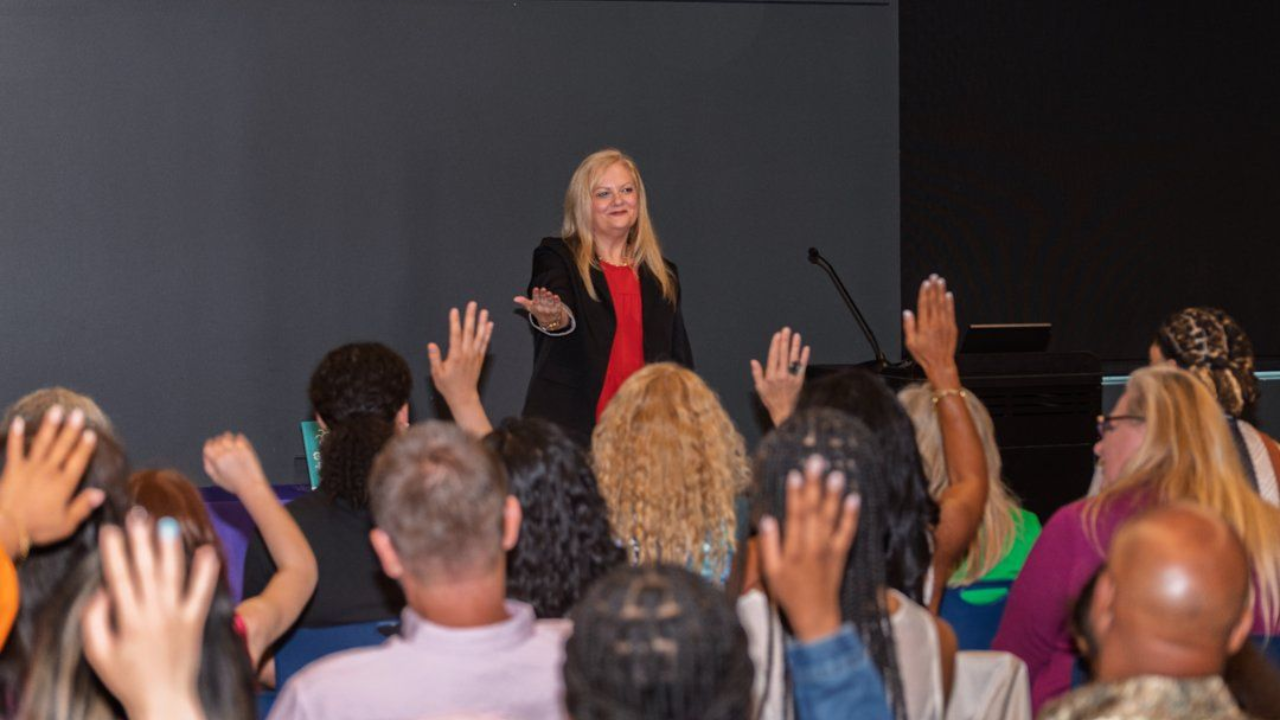Soft Is a Strategy: Staying Kind After Betrayal
Sep 17, 2025“I didn’t lose my softness. I chose to carry it through the fire.”--Leslie Noble
The Chipped Teacup
There was a woman I once worked with who kept a chipped teacup on her desk. Not tucked away—displayed. She told me it had cracked during a fight with someone she loved. She’d thrown it, then regretted it instantly. Instead of tossing it, she glued it back together and kept it visible.
“It reminds me,” she said, “that I can break and still choose tenderness.”
People often mistake kindness for weakness. But softness isn’t fragility—it’s resilience. It’s the strength to stay open in a world that teaches us to shut down. And in leadership, we’re taught that “tough” gets things done. But gentle power builds trust, loyalty, and transformation. It doesn’t dominate—it dignifies.
What Betrayal Tries to Teach Us
Betrayal tries to rewrite your story:
-
“You were too kind.”
-
“You should’ve known better.”
-
“Next time, be colder.”
But kindness didn’t fail you. Someone else did. And your softness wasn’t the problem—it was the proof that you showed up with integrity.
Five Fresh Ways to Stay Kind Without Becoming Hardened
1. Practice “Threaded Boundaries”
Instead of rigid walls, think of boundaries like threads in a tapestry—flexible, woven, and intentional. You don’t shut people out; you design the space where connection can safely live.
Try this: Write one sentence that threads kindness into a boundary.
“I care about you, and I need space to feel safe again.”
2. Use Role Reversal Reflection
Imagine yourself as the betrayer—not to excuse them, but to understand what fear, shame, or scarcity might have driven their choices. This doesn’t mean forgiving prematurely—it means reclaiming your emotional complexity.
Why it works: Empathy without enmeshment helps you stay kind without collapsing.
3. Curate a “Kindness Archive”
Create a folder (digital or physical) of moments when your kindness made a difference—notes from clients, texts from friends, memories of impact. When betrayal tempts you to shut down, revisit the archive.
Why it works: It reminds you that your softness has power, reach, and legacy.
4. Mirror the Future You
Instead of reacting from the wound, ask:
“What would the healed version of me do here?” Then act from that place—even if it’s just a 1% shift.
Why it works: It builds emotional muscle memory for the kind of leader you’re becoming.
5. Reframe Toughness as Trauma Response
In leadership, “tough” is often just trauma dressed up as strategy. Gentle power says:
“I can be clear without being cruel.” “I can be strong without being sharp.” “I can lead without leaving bruises.”
Why it works: It reclaims authority as relational, not hierarchical.
Softness as Revolution
To stay soft after betrayal is to declare:
“You did not break me. You did not steal my light. I choose kindness—not because I forget, but because I remember who I am.”
Softness is not weakness. It’s strategy. It’s survival. It’s sacred.
So keep the chipped teacup. Keep the tenderness. Keep the archive. Because softness is how we rise—with grace, with clarity, and with fierce, unshakable love.
STRONG HEART Warrior Project
-
Betrayal happened. You’re still here.
-
Gentle power isn’t weakness—it’s your weapon.
-
Rebuild your Trust Bridge. One truth at a time.
-
Healing isn’t quiet. It’s revolutionary.
-
Join the movement. Speak. Rise. Reclaim.
Stay connected with news and updates!
Join our mailing list to receive the latest news and updates from our team.
Don't worry, your information will not be shared.
We hate SPAM. We will never sell your information, for any reason.


